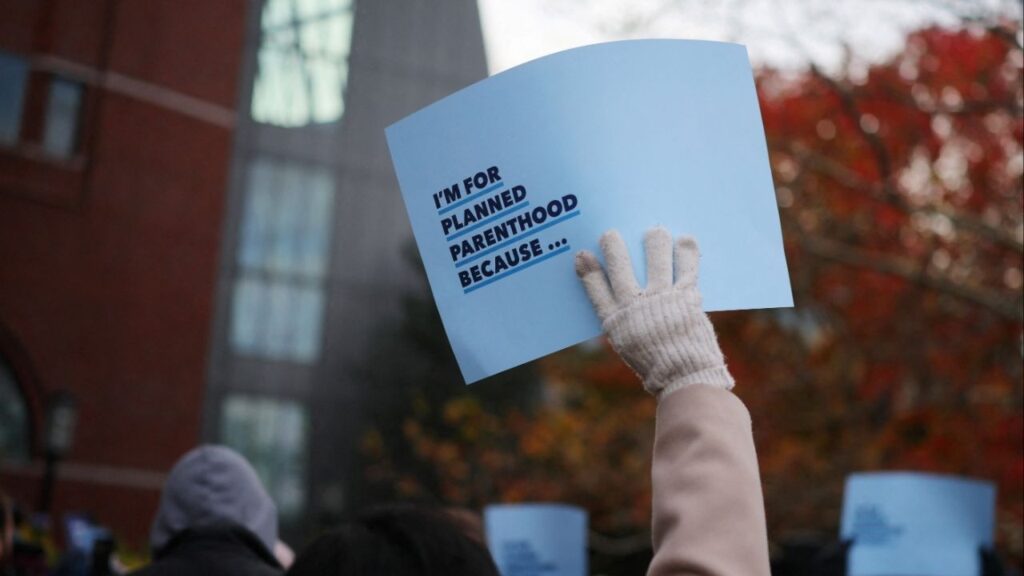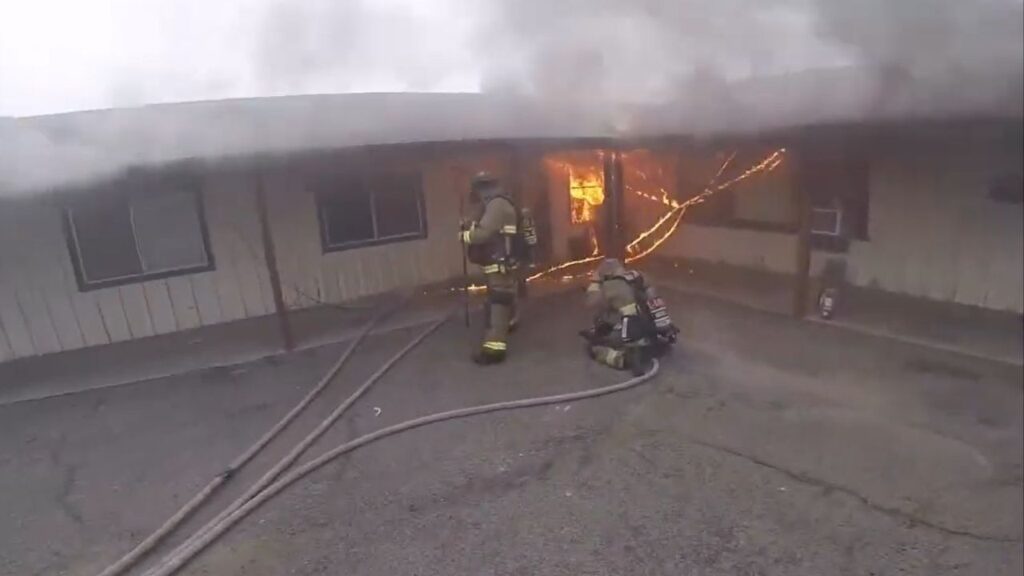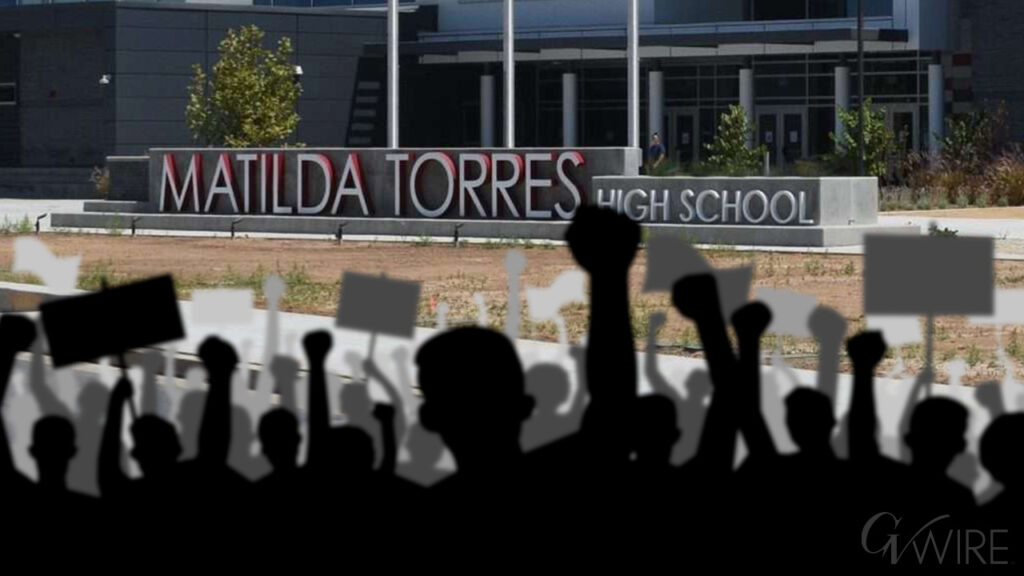On Thursday (June 19) morning, several Iranian missiles struck populated areas in Israel, including a hospital in the southern part of the country, according to an Israeli military official. (Video/Reuters)

- Israel struck Iranian nuclear sites while Iranian missiles hit an Israeli hospital, as escalating conflict kills civilians and damages infrastructure.
- Netanyahu vowed full retaliation after Iran hit a hospital; Israel intensified airstrikes aimed at destabilizing the Khamenei regime.
- Iran may close the Strait of Hormuz, raising oil prices, as nations evacuate citizens and fears grow of wider war.
Share
|
Getting your Trinity Audio player ready...
|
TEL AVIV/DUBAI – Israel bombed nuclear targets in Iran on Thursday and Iranian missiles hit an Israeli hospital overnight, as the week-old air war escalated with no sign yet of an off-ramp.
Following the strike that damaged the Soroka medical centre in Israel’s southern city of Beersheba, Prime Minister Benjamin Netanyahu said Tehran’s “tyrants” would pay the “full price”.
Defence Minister Israel Katz said the military had been instructed to intensify strikes on strategic-related targets in Tehran in order to eliminate the threat to Israel and destabilise the “Ayatollah regime”.
Israel’s sweeping campaign of airstrikes aims to do more than destroy Iran’s nuclear centrifuges and missile capabilities. It seeks to shatter the foundations of Supreme Leader Ali Khamenei’s government and leave it near collapse, Israeli, Western and regional officials said.
Netanyahu wants Iran weakened enough to be forced into fundamental concessions on permanently abandoning its nuclear enrichment, its ballistic missile programme and its support for militant groups across the region, the sources said.
Israeli Foreign Minister Gideon Saar, speaking to reporters outside the damaged hospital, said “regime change” in Tehran was not a goal the security cabinet had set “for the time being”.
U.S. President Donald Trump, meanwhile, has kept the world guessing about whether Israel’s superpower ally would join it in airstrikes.
Israel said it had struck Iran’s Natanz and Isfahan nuclear sites. It initially said it had also hit Bushehr, site of Iran’s only functioning nuclear power plant, but a spokesperson later said it was a mistake to have said this.
An Iranian diplomat told Reuters Bushehr was not hit and Israel was engaged in “psychological warfare” by discussing it. Any attack on the plant, near Arab neighbours and housing Russian technicians, is viewed as risking nuclear disaster.
Trump has veered from proposing a swift diplomatic end to the war to suggesting the United States might join it. On Wednesday, he said nobody knew what he would do. A day earlier he mused on social media about killing Iran’s Supreme Leader Ali Khamenei, then demanded Iran’s unconditional surrender.
A week of Israeli air and missile strikes against its major rival has wiped out the top echelon of Iran’s military command, damaged its nuclear capabilities and killed hundreds of people, while Iranian retaliatory strikes have killed at least two dozen civilians in Israel.
Strait of Hormuz
Iran has been weighing its options in responding to its biggest security challenge since the 1979 revolution. A member of the Iranian Parliament’s National Security Committee Presidium, Behnam Saeedi, told the semi-official Mehr news agency Iran could consider closing the Strait of Hormuz, through which 20% of daily global oil consumption passes.
Tehran has in the past threatened to close the strait. Shipping sources said on Wednesday that commercial ships were avoiding Iran’s waters nearby.
Oil prices rose after Israel and Iran continued to exchange missile attacks overnight and Trump’s stance on the conflict kept investors on edge.
Iran was maintaining crude oil supply by loading tankers one at a time and moving floating oil storage much closer to China, two vessel tracking firms told Reuters, as the country seeks to keep a key source of revenue while under attack.
The conflict poses a fresh hurdle for Iran, which uses a shadow fleet of tankers to conceal their origin and skirt U.S. sanctions reinstated in 2018 over its nuclear programme.
Countries around the world are taking measures to evacuate their citizens from Israel and Iran and airspace in the region remains closed.
Earlier, the Israeli military said it targeted the Khondab nuclear site near Iran’s central city Arak overnight, including a partially-built heavy-water research reactor. Heavy-water reactors produce plutonium, which, like enriched uranium, can be used to make the core of an atom bomb. Iran’s atomic energy agency said the attack caused no casualties.
The Israeli military also said it attacked launch sites in western Iran after attempts to restore them were detected.
Israel, which has the most advanced military in the Middle East, has been fighting on several fronts since the October 7, 2023 attack on southern Israel by the Palestinian militant group Hamas triggered the Gaza war. It has severely weakened Iran’s regional allies, Hamas in Gaza and Lebanon’s Hezbollah, and bombed Yemen’s Houthis.
‘Stay Away From Our Country’
The extent of the damage inside Iran has become more difficult to assess in recent days, with the authorities apparently seeking to prevent panic by limiting information.
Iran has stopped giving updates on the death toll, and state media have ceased showing widespread images of destruction. The internet has been almost completely shut down, and the public has been banned from filming.
Arash, 33, a government employee in Tehran, said a building next to his home in Tehran’s Shahrak-e Gharb neighbourhood had been destroyed in the strikes.
“I saw at least three dead children and two women in that building. Is this how Netanyahu plans to ‘liberate’ Iranians? Stay away from our country,” he told Reuters by telephone.
Israel has issued evacuation orders for whole sections of Tehran, a city of 10 million. Thousands of residents have fled, jamming the highways out.
Samira, 11, moved in with her grandparents in the northwestern city of Urmia after her family fled Tehran when a shopping centre near their house was struck. She said she has been unable to sleep at night.
“I’m afraid Israel will hit our home and my mom will die. I’m too scared. I just want to go home,” she said by phone.
Inside Israel, the missile strikes over the past week are the first time a significant number of projectiles from Iran have pierced defences and killed Israelis in their homes.
The director general of the Israeli hospital that was damaged in Beersheba, Shlomi Kodesh, told reporters at the site that a missile strike had destroyed several wards and wounded 40 people, mostly staff and patients.
Netanyahu, visiting the site, said he had issued instructions that “no one is immune” from Israeli attacks.
Iran’s Revolutionary Guards said they had targeted Israeli military and intelligence headquarters near the hospital. An Israeli military official denied there were military targets nearby.
Missiles also hit a residential building in Ramat Gan, east of Tel Aviv.
“It’s very scary,” said Yaniv, 34, who lives nearby. He said he heard a deafening explosion when the missile hit, shaking his apartment tower.
Iran’s Revolutionary Guards said in a statement that missile and drone attacks have targeted military and industrial sites linked to Israel’s defence industry in Haifa and Tel Aviv.
—
(Reporting by Reuters; Writing by Michael Georgy; Editing by Peter Graff and Alex Richardson)
RELATED TOPICS:
Categories

Apple TV Down for Thousands of Users, Downdetector Shows

















